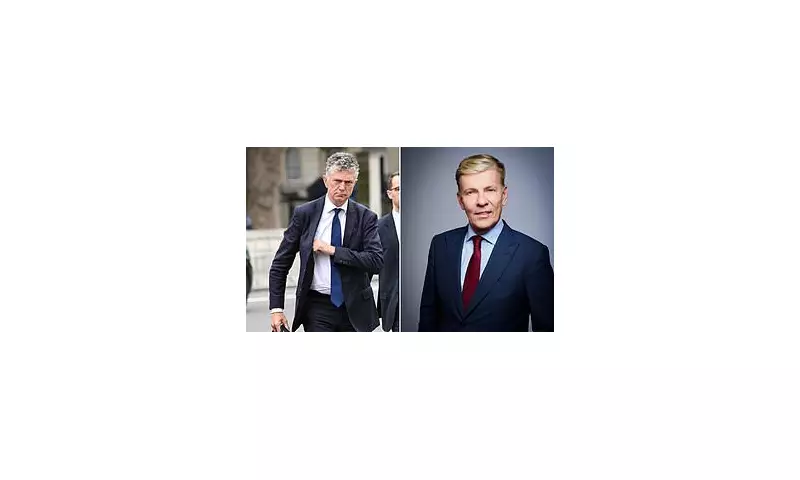
In a startling revelation that has sent shockwaves through Westminster, Sir Keir Starmer's choice for national security chief has emerged as one of the most controversial appointments in recent political memory. Jonathan Powell, the former Downing Street chief of staff to Tony Blair, now occupies a position of extraordinary influence over Britain's potential next government.
The Unelected Power Broker
Powell, who served as Blair's right-hand man throughout his decade in power, has been quietly installed as Starmer's most trusted security advisor. What makes this appointment particularly contentious is Powell's current role as a commercial lobbyist whose firm, Interel, represents foreign governments and corporate interests.
Critics are asking serious questions about how someone simultaneously working for private clients can shape Britain's national security strategy without creating glaring conflicts of interest.
Ministerial Access Comes With a Price
Even more concerning is the emerging pattern of Powell's involvement in Labour's fundraising activities. The investigation reveals that major donors to Starmer's party are being granted unprecedented access to shadow ministers through events organized by Powell's commercial operation.
This arrangement blurs the lines between political fundraising and policy influence in ways that have alarmed transparency campaigners and political opponents alike.
Blair's Shadow Looms Large
Powell's return to the heart of Labour power represents more than just the rehabilitation of a Blair-era figure. It signals what many see as Starmer's wholesale embrace of New Labour's approach to government and security policy.
Having authored books on political negotiation and counter-terrorism, Powell brings considerable expertise to his role. However, his commercial ties and the secretive nature of his current influence have raised legitimate questions about accountability in Starmer's inner circle.
A Government in Waiting?
With Labour enjoying a substantial lead in opinion polls, Powell's position gives him potential oversight of Britain's entire security apparatus. The fact that he's exercising this influence while maintaining commercial interests has prompted calls for greater transparency about his exact role and responsibilities.
As one Westminster insider noted: "We're seeing the formation of what amounts to a parallel government, with Powell operating as an unelected deputy prime minister for security matters."
The situation presents Starmer with an early test of his commitment to clean politics and raises fundamental questions about who would really be pulling the strings in a Labour government.





